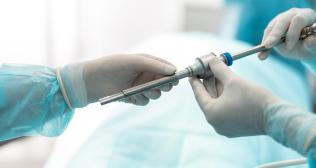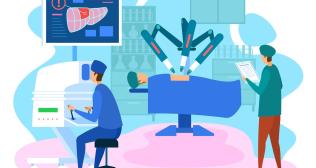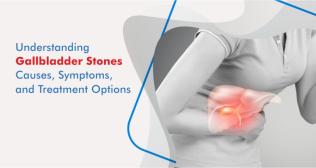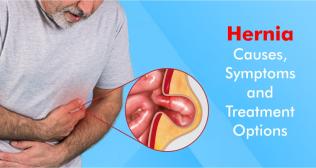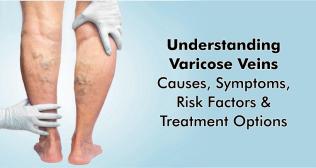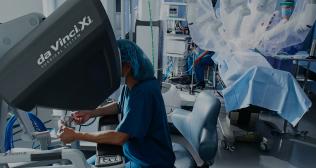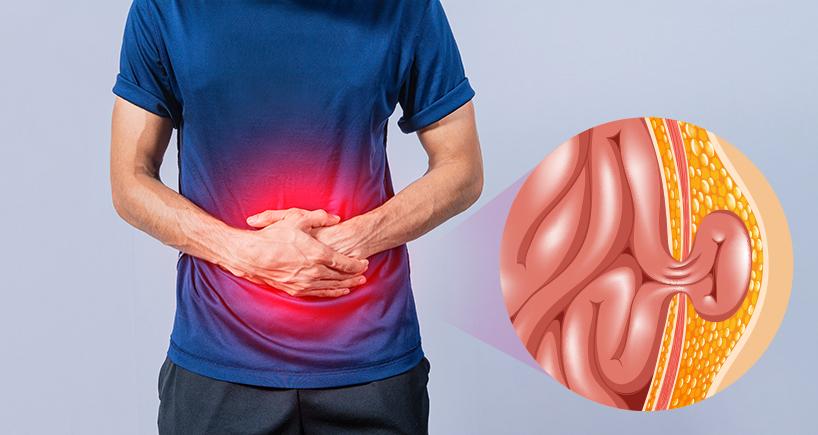
Hernia Overview: Diving into Causes, Symptoms, and Treatment
Most hernias happen when a portion of the bowel or peritoneum (a membrane that lines the abdominal cavity) pushes through the gap in the abdominal wall. Whether or not a hernia causes problems will depend on its location and dimensions or size.
What are some of the distinct types of Hernia?
The most common types of hernias:
- An inguinal hernia is a bulge which happens in the groin region, the area between the lower part of the abdomen and thigh.
- A femoral hernia is a rare type of hernia which sometimes appears as a painful lump in the inner upper part of the thigh or groin.
- An incisional hernia is a type of ventral hernia at the site of a previous surgical incision.
- An umbilical hernia is an abnormal bulge observed around the navel in a newborn baby.
- An epigastric hernia is a lump in the midline between the belly button and sternum (breastbone) which can cause pain.
- A diaphragmatic hernia is a bulge of abdominal contents into the thoracic cavity due to a defect within the diaphragm.
What are the main causes of Hernia?
Usually, there is no definite or well-defined cause of a hernia. Sometimes, hernias can happen due to:
- Straining while using the toilet (for example, due to long-term constipation)
- Any strenuous activity that increases the pressure inside the belly
Hernias may be present at birth, but the bulge may not be visible until later in life. Some individuals have a family history of hernias.
Babies and children can get hernias. Some children do not display symptoms until they are adults.
Any activity or medical problem that raises pressure on the tissue in the belly wall and muscles may lead to a hernia, including:
- Ascites
- Chronic coughing or sneezing
- Cystic Fibrosis
- Enlarged prostate
- Poor nutrition
- Smoking
Hernia Symptoms in Men
- A bulge one can see or feel
- Aching pain in that area
- A feeling of pressure
- A twitching sensation of the scrotum around the testicles
- Pain that aggravates with activities that add pressure to the area, such as heavy lifting and pushing.
Hernias are less prominent in women, have different symptoms than in men, and are often misdiagnosed. Hernia in females tend to be smaller and deeper than hernias in men and often do not have a telltale bulge.
Hernia Symptoms in Women
- Throbbing or sharp pain
- Burning sensation
- A swelling at the hernia site, but this may not be present with a groin hernia.
- Discomfort that surges with activity
Hernia Treatment
Surgery is the only treatment option for hernias. It involves pushing the hernia sac back into the abdomen or excising it and closing the gap in the abdominal wall with stitches. A fine synthetic mesh is usually placed on the affected part too, to strengthen the abdominal wall and avert the hernia from coming back.
In open surgery, the operation is performed through a larger incision where the hernia is. In minimally invasive surgery (also known as laparoscopic surgery), several smaller cuts are made. The abdomen or abdominal walls are operated on by inserting surgical instruments and a fine tube with a camera adhered to it (laparoscope) through the cuts. The camera allows the surgeon to peep the inside of the abdomen on a screen. The surgery choices will depend on factors like the type and size of the hernia.
Hernias do not always have to be operated on. If they are not causing any problems and the risk of complications is minimal, surgery is not required. This is also true in individuals who are aged, feeble, or seriously ill and have a hernia that does not pose an acute risk. Scientists are working on innovative methods such as robotic surgery to treat hernias.
Therefore, people experiencing signs or symptoms should reach out to healthcare professionals to treat and manage the condition.







